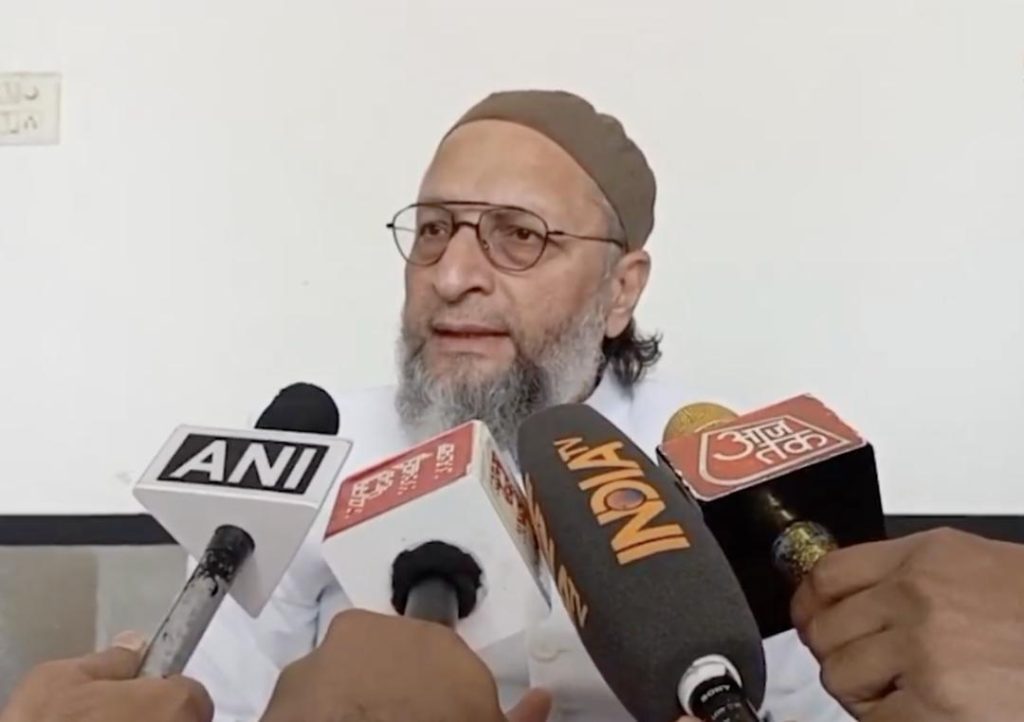
Arrest 4-5 ministers & govt is gone: Owaisi on PM-CM removal Bills
Asaduddin Owaisi, the president of the All India Majlis-e-Ittehadul Muslimeen (AIMIM), has sparked a controversy by stating that if four to five ministers are arrested, the government will collapse. His statement comes in the wake of the Constitution (130th) Amendment Bill, which allows for the removal of the Prime Minister, Chief Ministers, and ministers who have been arrested for at least 30 days.
The proposed bill has been met with criticism from several quarters, with many accusing the government of trying to undermine the democratic process. Owaisi’s comments have added fuel to the fire, with many questioning the intention behind the bill.
Speaking to the media, Owaisi said, “Just arrest four-five ministers, and government is gone. This proposed bill is saying that the President can remove the Prime Minister. What is this?” His statement has sparked a heated debate, with many politicians and experts weighing in on the issue.
The Constitution (130th) Amendment Bill seeks to amend Article 74 of the Constitution, which deals with the removal of the Prime Minister. The proposed amendment would allow the President to remove the Prime Minister if he or she is arrested for at least 30 days and is unable to discharge his or her duties.
However, many have raised concerns about the implications of the bill, saying that it would undermine the democratic process and create a situation where the President has too much power. Owaisi’s comments have added to the criticism, with many saying that the bill is an attempt to undermine the government’s accountability.
The government has defended the bill, saying that it is necessary to ensure that the country’s democratic institutions are protected. However, the opposition has accused the government of trying to curtail the rights of citizens and undermine the democratic process.
The debate over the bill has also raised questions about the separation of powers between the executive, legislative, and judicial branches of government. Some have argued that the bill would create a situation where the President has too much power, while others have said that it is necessary to ensure that the country’s democratic institutions are protected.
The controversy surrounding the bill has also led to speculation about the government’s intentions. Some have accused the government of trying to use the bill to silence its political opponents, while others have said that it is an attempt to undermine the democratic process.
In conclusion, the controversy surrounding the Constitution (130th) Amendment Bill has raised important questions about the separation of powers and the accountability of government officials. While the government has defended the bill, many have raised concerns about its implications. As the debate continues, it is clear that the bill will have far-reaching consequences for the future of democracy in India.






